
Necessities of life: Biyáál Trading Post ‘revolves around’ food sovereignty
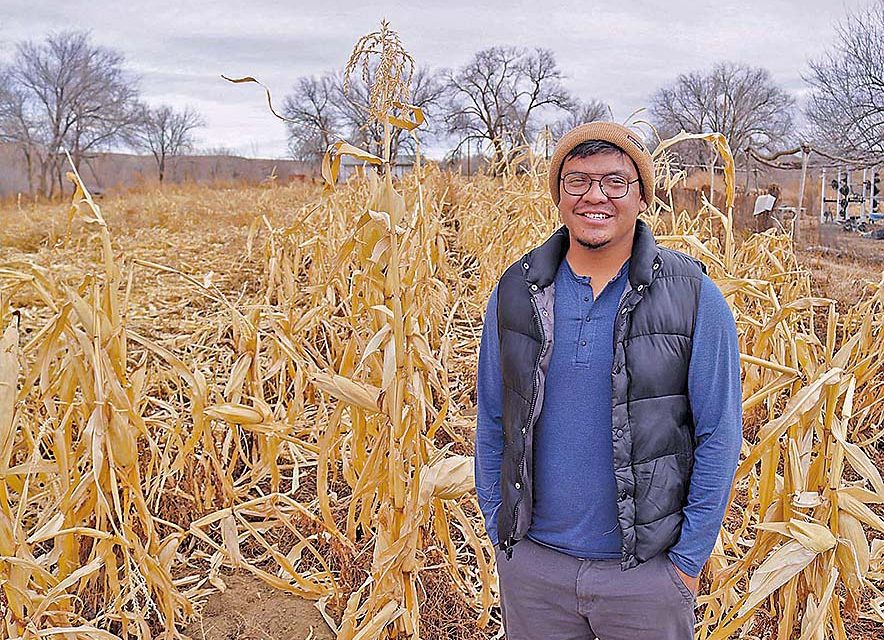
Navajo Times | Boderra Joe
Since 2020, Diné farmer Graham Beyale of Shiprock has rooted “Biyáál Trading Post” on a four-acre farm that produces many nutritious sources such as tea, squash, melons, and seeds. Beyale hopes to revitalize Indigenous food sovereignty for the community.
SHIPROCK – Biyáál Trading Post is a small business focused on Indigenous food sovereignty. It’s rooted by Diné farmer Graham Beyale, who created reciprocity to share with people across the U.S. and overseas.
Since 2020, Beyale’s four-acre farm in Shiprock has been rooted and has sustained itself for the past three years.
“The first thing that we ever sold were blue corn,” the 33-year-old farmer said. “We sold them online,” where the seed was planted.
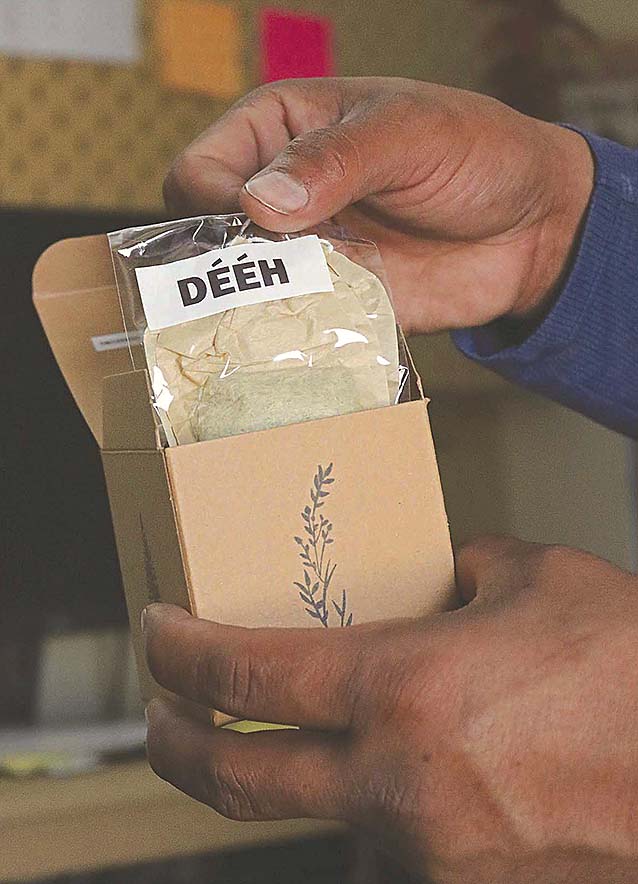
Navajo Times | Boderra Joe
Biyáál Trading Post offers the “Navajo Tea Sampler,” which contains 20 packs of various teas, including Navajo tea, mint blend tea, sage blend tea, lavender tea, and lemongrass blend tea. Diné have used teas for medicinal purposes for generations for joint pain, upset stomach, and to promote healthy kidney function. The tea sampler is available on the Biyáál Trading Post website.
As much as 90 percent of Biyáál Trading Post’s revenue comes from selling its produce online or via pop-up shops like flea markets and farmers markets.
“We sell regularly,” said Beyale, who added that holiday bazaars have been welcoming to regenerate revenue and to maintain needed supplies or equipment around the farm.
“We’ve also been fortunate enough to receive support from grants,” Beyale said, who is Hooghan Łání and born for Tł’ááshchí’í. His maternal grandfather is Táchii’nii, and his paternal grandfather is Tábąąhá.
The business received a grant through John Hopkins University, which provided roughly $8,000 for hydro-panels from the company Source in Scottsdale, Arizona.
The farm uses four hydro-panels, which collect water from the air through condensation by creating synthetic dew. This allows the water to be filtered and potable.
Beyale, a born and raised Shiprock resident, said the business receives a ton of support from the community. Even though the trading post began as an online business because of the pandemic, the community still has been supportive of purchasing many goods.
The farm now has a website, which Beyale said he’s still improving. The website has three categories: tea shop, farm products, and seeds.
“Not only have I sought to find sustainability in my water, in my food, but also in my finances,” Beyale said. “Being able to create a job, being able to create a market from what we grow here, that’s the goal.”
The business has shipped many orders to Hawaii, Guam, Puerto Rico, Alaska, Maine, Florida, and many more.
“As we grow, hopefully, we’ll be able to expand that to other countries,” Beyale said. “The dream of being able to provide these foods to Navajos and all over the world – and whoever wants to be part of that, it’s happening.”
Read the full story in the Dec. 21 edition of the Navajo Times.

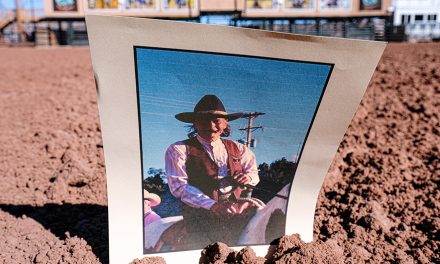
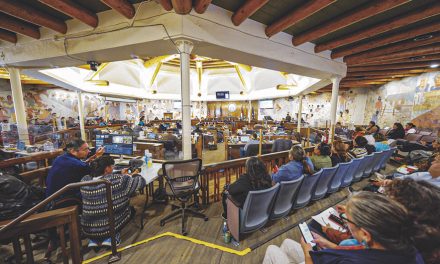

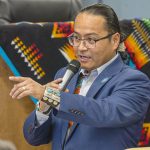



 Highway 264,
Highway 264, I-40, WB @ Winslow
I-40, WB @ Winslow